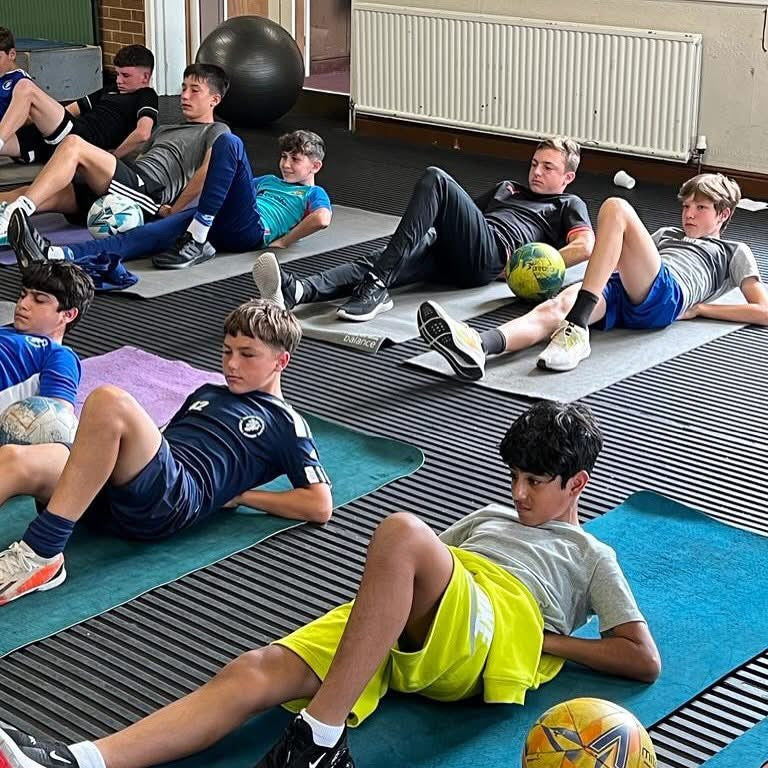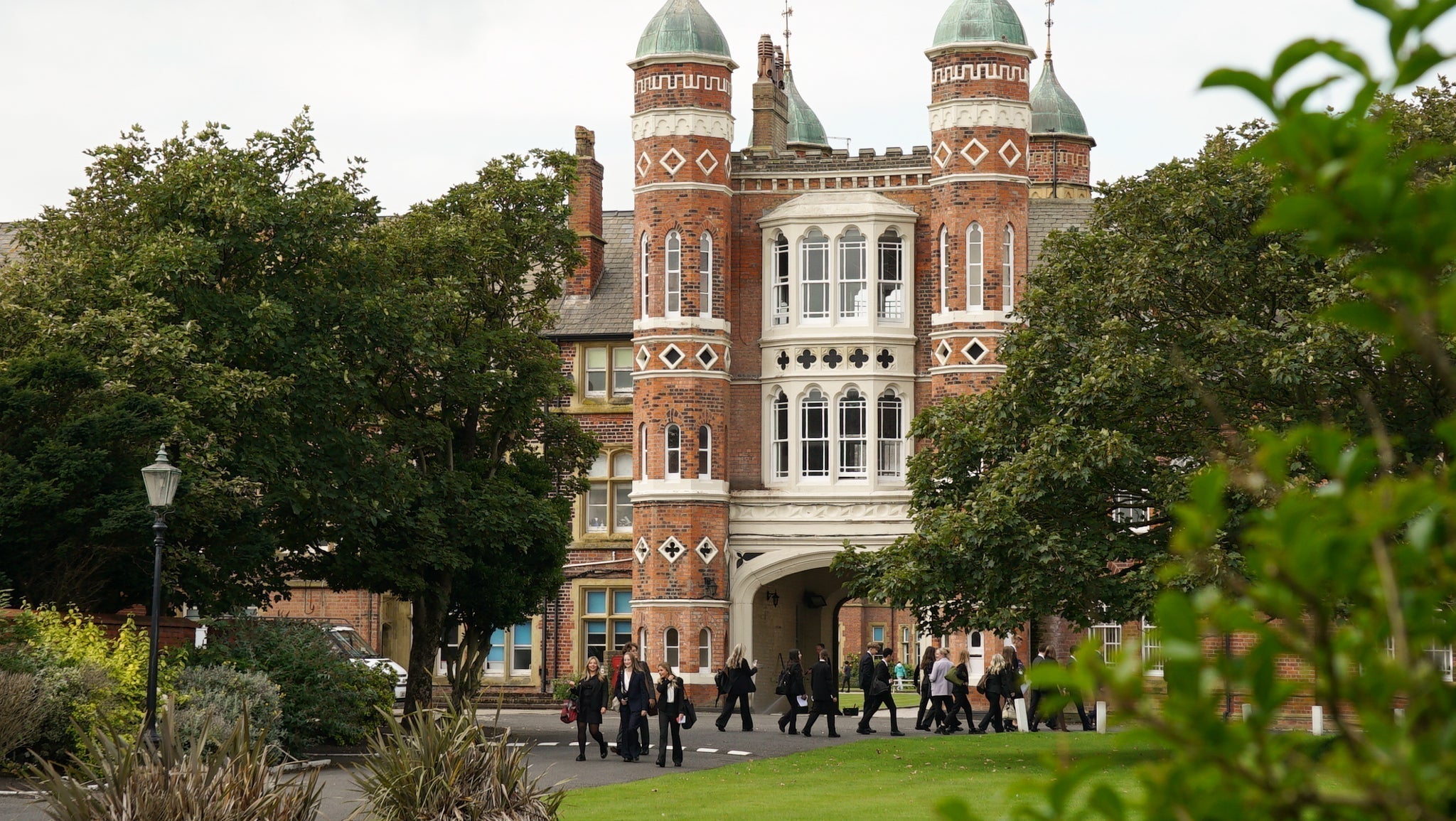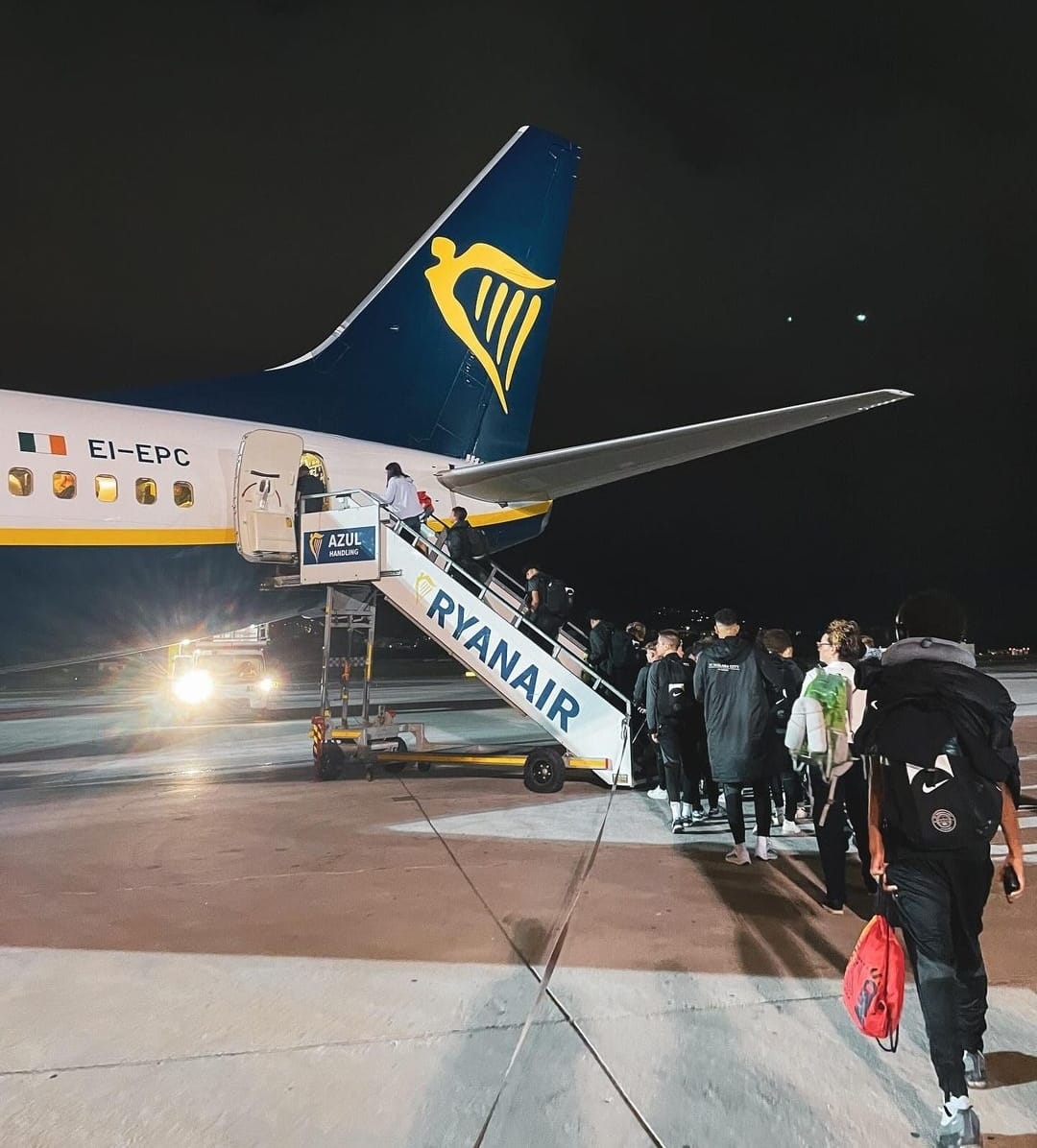Introduction
When sending your child to a UK boarding school, you’ll want peace of mind that their health and wellbeing are in safe hands. While UK schools offer strong pastoral and medical support, the healthcare system can be complex, especially for families arriving from overseas, Crown Dependencies, or private healthcare systems.
This guide breaks down the essentials NHS access, private insurance, school medical provision, and the small details that often get missed so you know exactly how to keep your child well-supported throughout their time in the UK.
NHS Access – Who Is Covered and How
The National Health Service (NHS) is the UK’s publicly funded healthcare system, providing access to GPs, hospitals, and emergency care.
Whether your child can access it for free depends on their nationality and visa status:
- UK and Crown Dependency passport holders (e.g. Jersey, Isle of Man): Automatically eligible for NHS care.
- International students on Child Student Visas: Must pay the Immigration Health Surcharge (IHS) as part of their visa, which grants full NHS access during their studies.
- Short-term or visitor visa students: Not covered must rely on private health insurance or pay for care.
Once in the UK, your child should be registered with a local GP (family doctor), usually arranged by the school during the induction process.
What’s Actually Included in NHS Care?
If your child is eligible for NHS access, they can receive:
- GP appointments (most commonly for illness, minor injuries, or prescriptions)
- Hospital treatment in emergencies or via referral
- Vaccinations aligned with the UK schedule
- Mental health referrals (though wait times can vary)
However, not everything is free:
- Dental and optical care usually require payment
- Private prescriptions, physio, and some treatments may incur costs
- Waiting times for non-urgent NHS care can be long
That’s where private insurance can come in.
Private Health Insurance – Is It Worth It?
Many boarding schools recommend private medical insurance to supplement NHS access particularly for:
- Quicker appointments and diagnostics
- Access to private hospitals and specialists
- Coverage for dental, optical, or physiotherapy needs
- Emergency repatriation or overseas travel
Some families opt for UK-based providers like BUPA, AXA Health, or Vitality, while others extend international policies that already cover their child abroad.
Key tip: Check what’s included in the school’s fees some offer group policies or recommend preferred partners.
What Do Boarding Schools Provide Onsite?
Most UK boarding schools have well-developed medical support teams, including:
- Full-time nurses or matrons based in dedicated medical centres
- Partnerships with local GP practices for day-to-day care
- Mental health counsellors, either on staff or on referral
- Staff trained in first aid, emergency response, and pastoral care
Boarding staff monitor medication, arrange appointments, and keep parents updated on any incidents or illnesses. Some schools also offer physiotherapy, dietitian access, or even sports injury clinics as part of their elite athletic support.
Supporting Mental Health & Wellbeing
UK schools are increasingly proactive about student wellbeing, offering structured programmes and trained staff to support mental health.
Support typically includes:
- One-to-one counselling or drop-in sessions
- Peer mentoring or house-based check-ins
- Wellbeing education, mindfulness, or resilience workshops
- Referral pathways for external support if needed
Parents are often looped in with regular updates and encouraged to maintain open conversations with housemasters or matrons.
Additional Tips for Families
- Declare medical history early – Schools request health forms during enrolment; disclose allergies, chronic conditions, or mental health needs.
- Send necessary medication – If your child requires regular medicine, send a full supply and provide prescriptions.
- Set up communication – Make sure your child knows how to access help if they feel unwell or overwhelmed.
- Travel insurance – For breaks or trips abroad, ensure your child has appropriate coverage beyond term-time.
Final Thoughts
Healthcare is a key part of the boarding experience but one that often gets overlooked. The UK’s system offers excellent care, but understanding where NHS access ends and private insurance begins ensures your child is never caught short.
Whether you’re arriving from the EU, UAE, the US, or a nearby island, taking time to get your healthcare setup right gives both you and your child greater confidence, comfort, and security.
Need help arranging private health insurance or understanding how your child’s school handles medical support? Prestige Football Schools can offer tailored advice and guidance.



